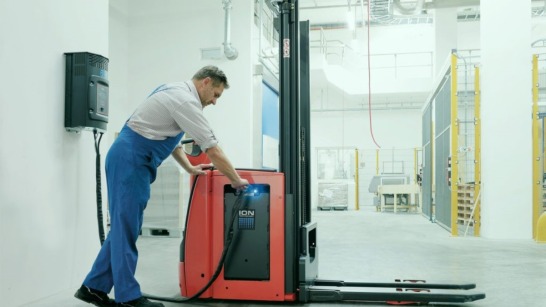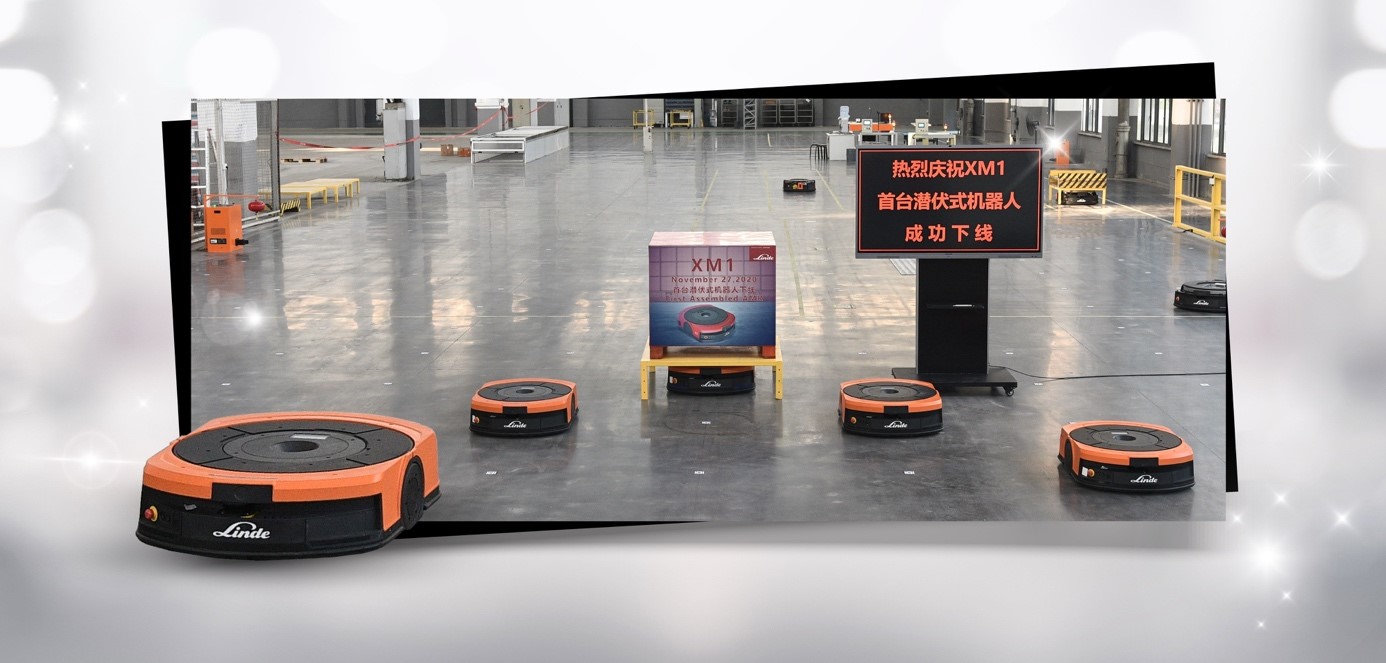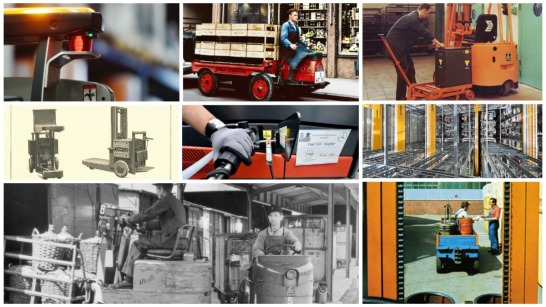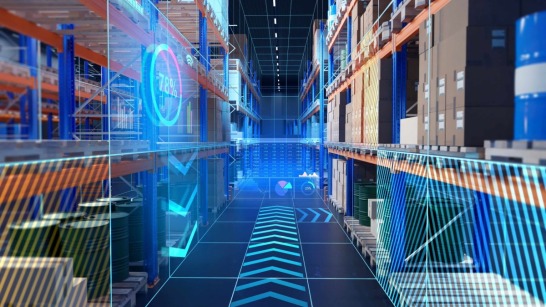
Start-ups as Part of the Innovation Culture
Great ideas often start very small – as a seed that grows in fertile soil. Our Linde Material Handling, Dematic and STILL brands also rely on the innovative power of young start-ups to shape the intralogistics of tomorrow – for example with sustainable energy solutions, intelligent robots and digital platforms.
2025-06-04




